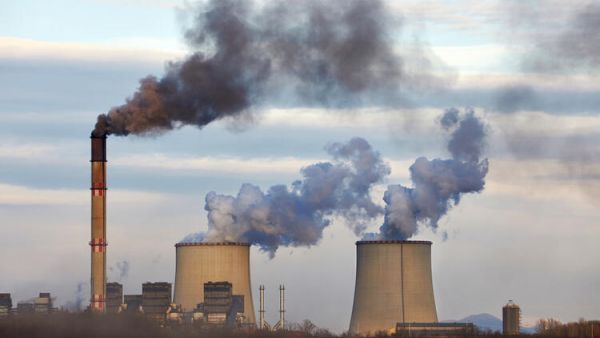The further deployment of renewables and clean technologies along with energy efficiency measures have become more important to wean the EU off Russian fossil fuel dependence while acting as a catalyst to accelerate the clean transition, experts told Anadolu Agency.
"The era of Russian fossil fuel in Europe is coming to an end," Ursula von der Leyen, head of the European Commission, said after Russia halted gas flows to Bulgaria and Poland, calling Russia's act blackmail.
Julian Popov, the chairman of Buildings Performance Institute Europe (BPIE) told Anadolu Agency that the European Commission, national governments and dozens of think tanks and analysts are working on options given the strong political and public pressure to reduce and cut dependency on Russian energy imports.
Popov said that he sees more options available than the established route of diversification and liquefied natural gas (LNG) supplies, which he says are very limited in terms of infrastructure and supply constraints.
He argues that the LNG is competitively priced in a market that needs to reduce costs but suggests renewables offer a massive opportunity.
"Renewables are being scaled up, driven mostly by market forces and are simply much cheaper than gas and other conventional sources," he noted.
Last month, the EU announced a joint European action plan, REPowerEU, to make Europe independent from Russian fossil fuels well before 2030, starting with gas.
REPowerEU seeks to diversify gas supplies, speed up the roll-out of renewable gases and replace gas in heating and power generation which can reduce EU demand for Russian gas by two-thirds before the end of the year.
Sarah Brown, a senior energy and climate analyst at London-based think tank Ember, said the EU's attempts to wean itself off Russian fossil fuels appear to be acting as a catalyst to accelerate the transition to homegrown clean power.
She cited the example of Germany with its ambitious target of 80% renewable energy by 2030 and 100% by 2035.
Regardless, she said more can and should be done. She said the REPowerEU plan focused too heavily on diversifying the sources of fossil gas supply rather than reducing overall EU fossil fuel demand and its associated risks.








